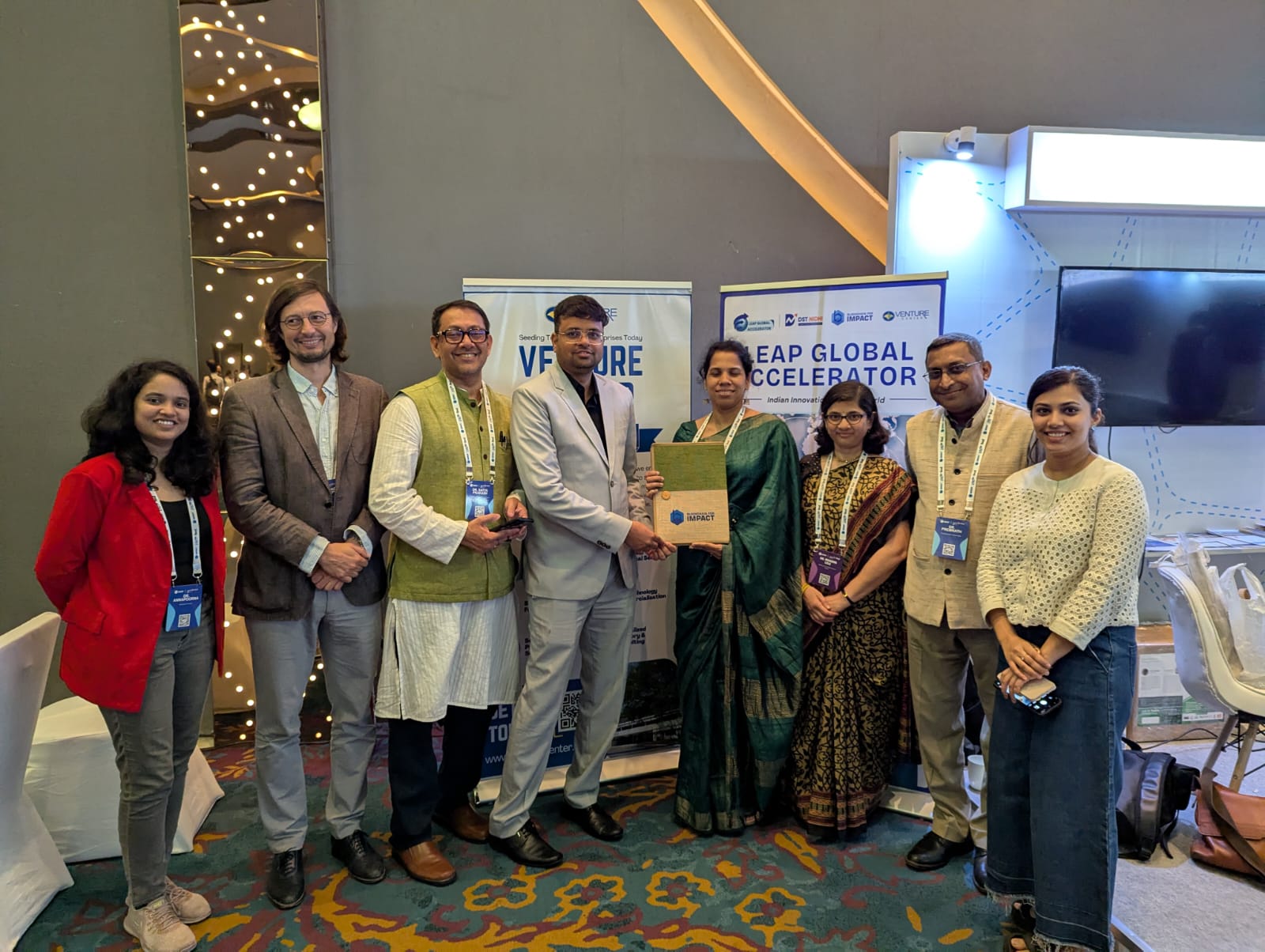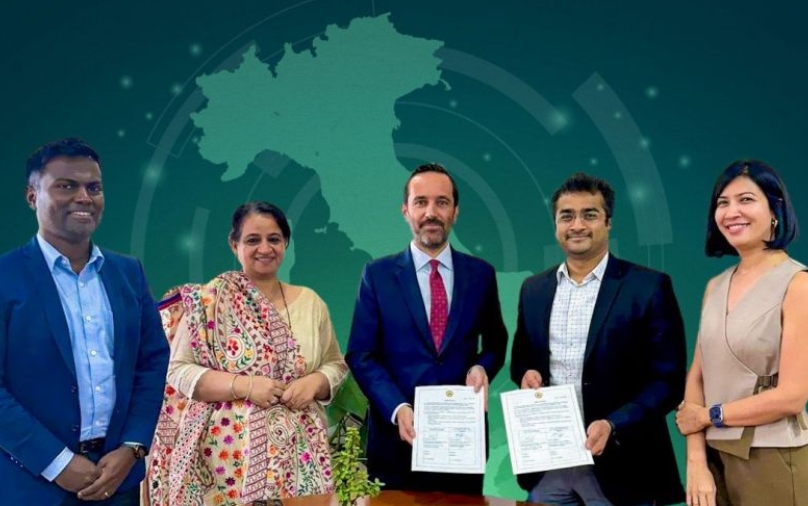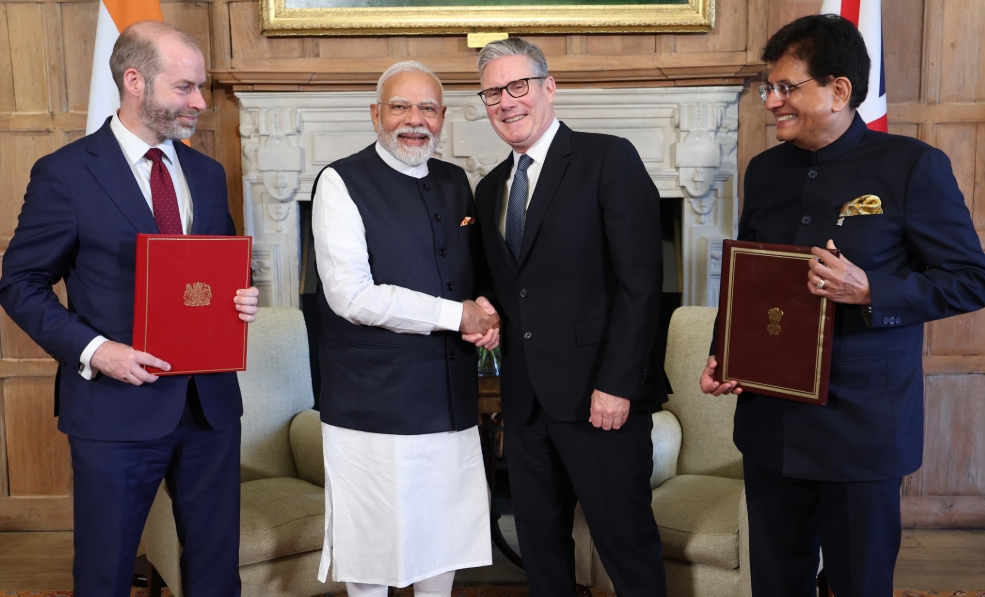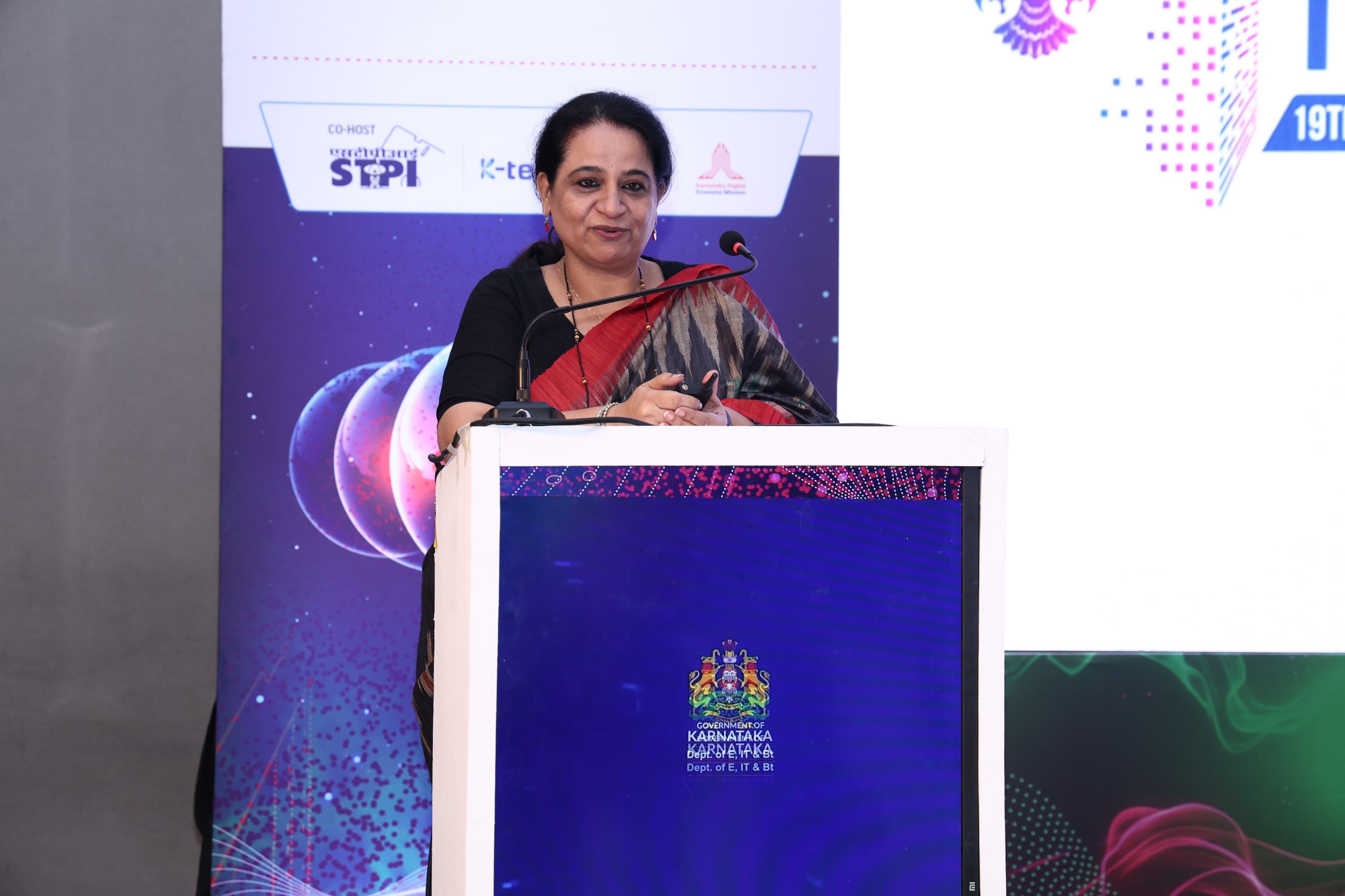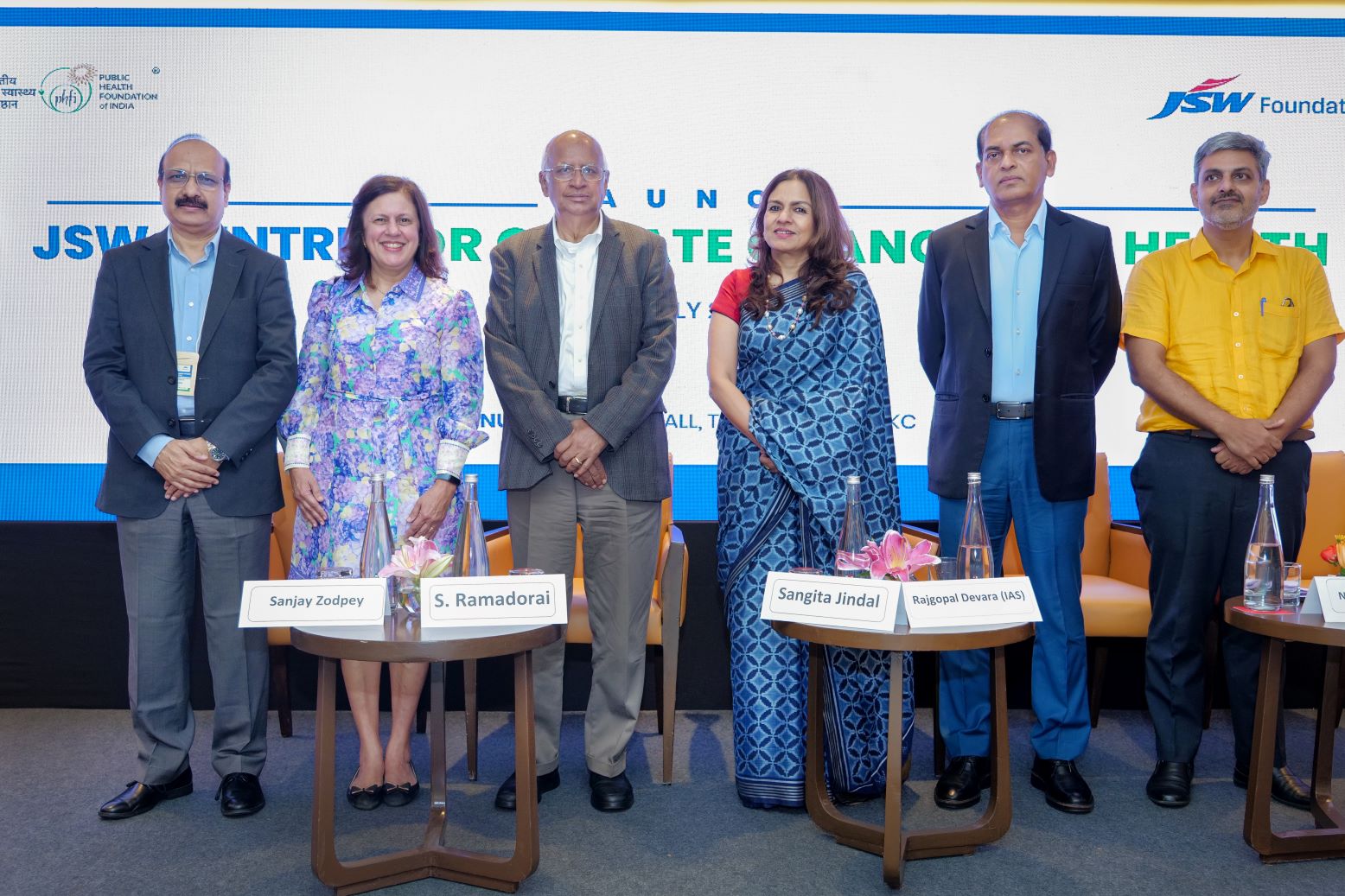Grain Legumes and Dryland Cereals research launched
February 08, 2013 | Friday | News
Grain Legumes and Dryland Cereals research launched by CGIAR
CGIAR Consortium CEO Frank Rijsberman looking at sorghum crops during his visit to the fields at ICRISAT-Patancheru, India.
The world's largest international agriculture research coalition CGIAR has launched two grand research programs on February 8, 2013 to boost food and nutrition and improve livelihoods particularly of the dryland poor.
The two CGIAR Research Programs are on (i) Grain Legumes and (ii) Dryland Cereals. Both these research programs will be led by the International Crops Research Institute for the Semi-Arid Tropics (ICRISAT) headquartered in Hyderabad, Andhra Pradesh, India. The research programs have a combined three-year budget of $225 million.
"We are now faced with the enormous challenge to produce 70 percent more food to feed more than 9 billion people by 2050 using scarce resources amid the threat of climate change. CGIAR Research Programs like Grain Legumes and Dryland Cereals form an integral part of the CGIAR reform process that allows its Centers to function as a unified system, working together to pursue shared goals such as tackling hunger and poverty," said Dr Frank Rijberman, Chief Executive Officer of the CGIAR Consortium Office, during the program launch.
Dr William Dar, Director General, ICRISAT, highlighted the importance of the two research programs. "Grain legumes are the 'poor people's meat', crucial for ending childhood malnutrition. Dryland cereals provide food security to the poorest people on earth. They are vital to the sustainability of mixed crop-livestock farming, and provide genetic resources for adaptation to harsh, marginal environments. In the face of growing global hunger and poverty and the effects of climate change, Grain Legumes and Dryland Cereals will help provide nutritious, drought-resilient crops for the dryland poor."
"We are fully committed to collaborate with our partners in Grain Legumes to achieve impacts in all target regions, particularly in reducing poverty and food and nutrition insecurity in harsh, dryland systems," said Dr Ruben Echeverria, Director General, International Center for Tropical Agriculture (CIAT).
The CGIAR Research Program on Grain Legumes is a 10-year R4D program that focuses on improving chickpea, common bean, cowpea, groundnut, faba bean, lentil, pigeonpea and soybean crops grown by poor smallholder families in five target regions. It aims to benefit 300 million smallholder farm households from an average 20 percent yield increase in grain legumes, with a projected $4.5 billion savings as cumulative benefits of increased food production and nitrogen fertilizer saved (from the crops' biological nitrogen fixation property).
The CGIAR Research Program on Dryland Cereals will work on millets, sorghum, and barley to achieve an increase in farm-level crop productivity and total crop production of at least 16 percent in 10 years. In the target geographies of harsh dryland conditions, total grain production is expected to rise by a total of 11 million metric tons to reach a total value of $20 billion, along with increases in animal feed and fodder with a value of about $10 billion. These food, feed and financial benefits will flow to about 5.8 million smallholder farms and around 34 million total beneficiaries by way of improved food quantity, quality and security.



